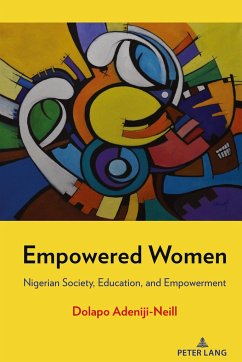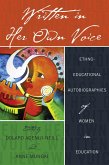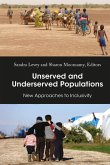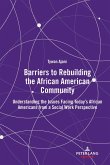This book identifies and examine the changing roles of Nigerian women: in the family, educational attainment and society as experienced and expressed by a sample of educated, Nigerian women. Five of the participants were children caught in Biafran (Nigerian) war and their education was interrupted during the war. All struggle to gain education as girls and women growing up in Nigeria in families with sometimes limited resources. The book is based on the assumption that changes are taking place at all levels of Nigerian society, and that these changes are reflected in the way Nigerian women think and express views about themselves and their extended families. Nine Nigerian women resident in Egypt, were interviewed in depth using the 'topical life history' method to reveal their attitudes and perceptions concerning the woman's role in the family. In lengthy, free form, non-directive interviews, the participants recount their life histories from small children to the present day, and in this process comment and reveal their feelings about personal, family and social issues. Based on a literature review some eight hypotheses are identified and examined concerning these issues and the participants' views about them. The response data are grouped under the hypotheses and analyzed. Conclusions suggest changing role patterns of women as expressed by these women from lower- and middle-class families, concerning education male and female children, bearing progeny, polygamy, earning income to provide for the family, marriage, male domination and influences and pressures from the extended family.
"Dolapo Adeniji-Neill's work is a much-needed addition to theories on women and development. The narratives of the women in this book shed light on critical development issues about transitioning from traditional lifestyles and women's emancipation from male domination within an African context. This is a must read for gender and development studies."-Titi Kunkel, Dean of Instruction, Coast Mountain College, Canada









